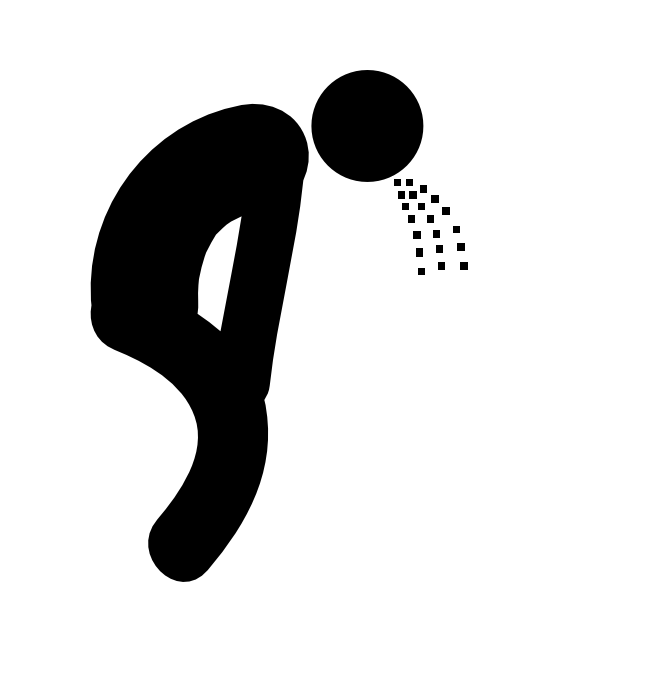DHHS → MeCDC → Disease Surveillance → Epidemiology → Diseases → Botulism
Botulism
About Botulism
Botulism is a rare illness caused by a toxin that attacks the body's nerves. This toxin can cause difficulty breathing, muscle paralysis, and death. The toxin is made by a bacteria that is common in the environment. It can sometimes be found in food, wounds, and the intestines of infants.
The bacteria that make botulinum toxin also make spores that help the bacteria to survive in the environment. The spores usually do not cause people to get sick, however, under certain conditions the spores can grow and cause illness. Improperly home-canned, preserved, or fermented foods can provide the right conditions for spores to grow and produce botulinum toxin. When people eat these foods, they can become seriously ill.
Botulism is diagnosed using a laboratory test that looks for the toxin or the bacteria that causes botulism. This laboratory test is the only way to know for certain whether you have botulism. Treatment is available for botulism.
Symptoms
Symptoms of botulism can include difficulty swallowing, muscle weakness, double vision, drooping eyelids, blurry vision, slurred speech, and difficulty breathing. Signs and symptoms of foodborne-specific botulism include:

Nausea

Vomiting

Stomach Ache

Diarrhea
Prevention
Many cases of botulism are preventable. Cases of foodborne botulism occurred after people ate home-canned, preserved, or fermented foods contaminated with botulinum toxin. Foods with low acid content are the most common sources of home-canning related botulism cases. Examples of low-acid foods are:

